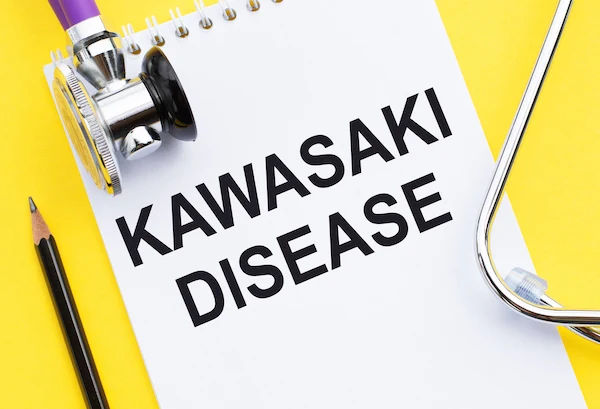- female
- 2 Years
- 14/08/2025
My 2-month-old preterm baby born at 35 weeks was diagnosed with a 6mm VSD, 3mm ASD, and moderate PDA, all left-to-right shunts. She weighs 3.5kg now and has no symptoms feeding well, gaining weight, and passing urine/stool normally. We've seen 23 pediatric cardiologists, and all recommend surgery but with different timelines some say immediately, others say before 6 months or until she's 1 year and 10kg. Since she's doing fine now, when would be the right time for surgery?
Answered by 1 Apollo Doctors
A detailed evaluation will help decide the best course of action.
Dr. Dhankecha Suggests...
Consult a Paediatric Cardiologist
Answered 14/08/2025
0
0

More Paediatric Cardiology Health Queries
View allI'm really worried because my one-year-old has a heart murmur. Could you explain what a heart murmur is and if there are specific foods I should be giving my child?
A heart murmur in a one-year-old can be a sound made by turbulent blood flow within the heart, detected during a physical examination. It can be classified as either "innocent," which is harmless and often resolves on its own, or "pathologic," which may indicate underlying heart conditions requiring further evaluation by a pediatric cardiologist. For your baby's diet, it is essential to provide balanced nutrition, including breast milk or formula as the primary source, pureed or soft-cooked fruits and vegetables, whole grains like cereals and oatmeal, proteins such as well-cooked and finely shredded meat, poultry, fish, beans, lentils, and dairy like whole milk or yogurt if recommended by the pediatrician. Consult with your child's pediatrician for personalized advice and to discuss the heart murmur.
Answered by 1 Apollo Doctors
I'm really worried about my baby boy who has been diagnosed with a PM VSD hole that's 3.5 mm. Is this considered a big issue or not? I'm trying to understand how these measurements are categorizedis 3.5 mm small, moderate, large, or very large? Also, does this mean he'll need open heart surgery for sure, or could it close on its own as he grows? If surgery ends up being necessary, are there options other than open heart surgery that are less invasive? Would love some guidance on this.
Information provided is no adequate to answer,ideally if it is causing any cyanotic spells or pulmonary edema or PAH then Surgical correction is required which is not always open heart syurgery,if there are no such symptoms,repeat 2D echo after 6 months and check the status
Answered by 1 Apollo Doctors
I'm really worried because my baby was born with a 3mm ASD and a 5mm VSD in their heart. Can you help me understand how risky this situation is for my baby?
Risk depends on the location of the defect,weather it is locatetd in dominant or non dominant area and is it causing PAH etc., repeat 2D echo after 6 months of age and follow your doctors advice
Answered by 1 Apollo Doctors
Disclaimer: Answers on Apollo 247 are not intended to replace your doctor advice. Always seek help of a professional doctor in case of an medical emergency or ailment.





